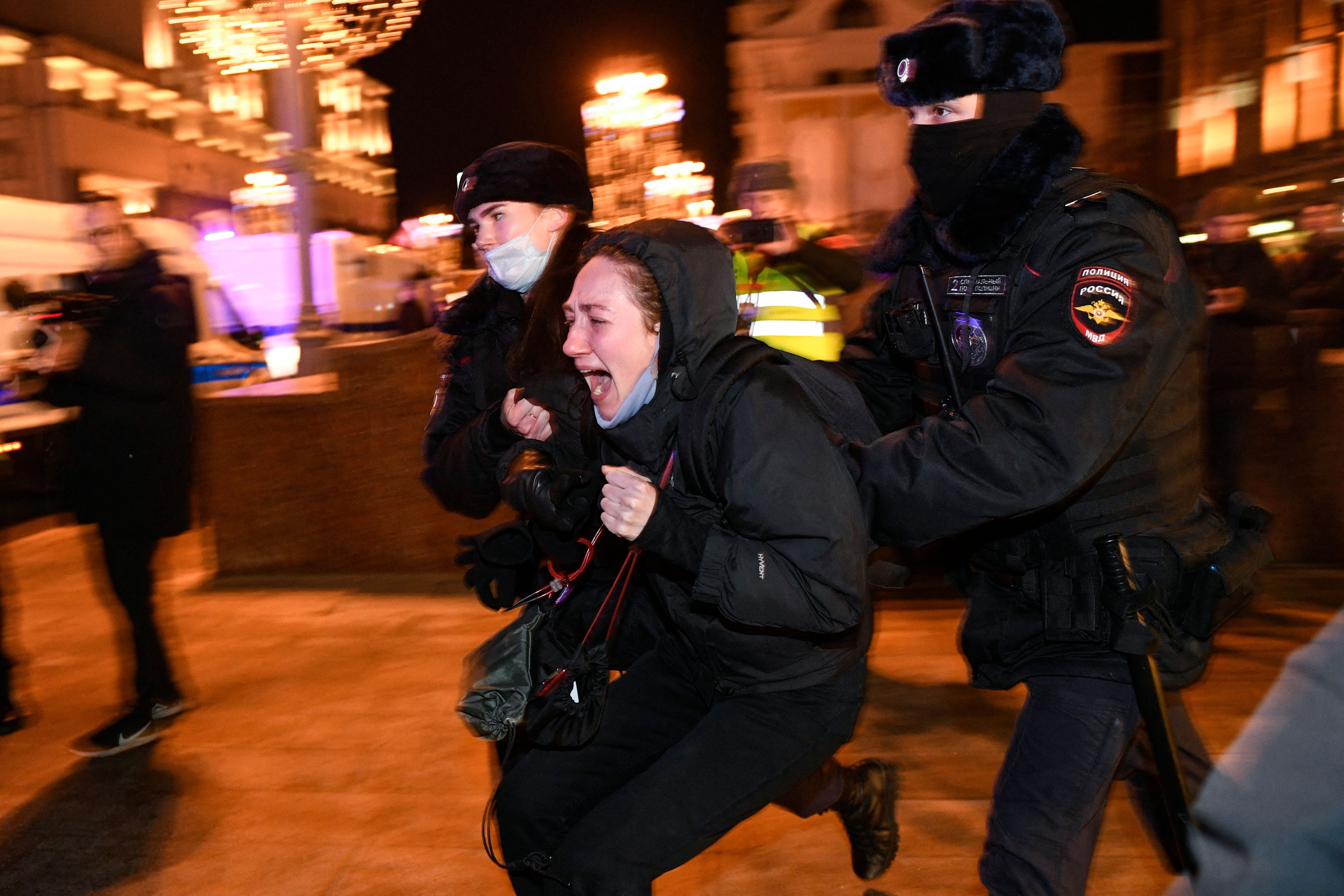
A Russian general who led the oppression of journalists, opposition activists and protesters is claimed to have killed himself a month after he was relieved from his post by Vladimir Putin.
Major General Vladimir Makarov, aged 72, was previously the main organiser in the “hunt” for those deemed an inconvenience by the Kremlin, according to Russian journalists.
But he was reported to have been recently forced into retirement from his role as deputy head of the Main Directorate for Combating Extremism, a department established in 2008 which persecutes protesters and monitors opposition sentiment on social media.
He was found with gunshot wounds to the head at his suburban home in Golikovo, northwest of Moscow, on Monday, the state-run Tass news agency and Moskovsky Komsomolets newspaper reported.
Tass cited a security source as saying that he had taken his own life.
Makarov is the latest in a series of deaths ruled to be suicides among senior Russian security figures, including retired FSB Major General Yevgeny Lobachev and Major General Lev Sotskov, of Russia’s Foreign Intelligence Service (SVR).
The independent Telegram channel VChK-OGPU quoted relatives as saying Makarov had become depressed a month ago after losing his job and “could not find a use for himself in civilian life”.
The channel published a picture of Makarov at his home featuring a gas-operated hunting rifle, with which it is claimed he shot himself while his wife was also at home.

Makarov is reported to have worked in financial institutions in Moscow earlier in his career, including the Academy of Economic Security, before moving to the Department for Combating Organised Crime at the Ministry of Internal Affairs, before moving to the anti-extremism body known as Centre “E”.
Russian authorities use the term “extremist” to describe a range of opposition groups – such as jailed Kremlin critic Alexey Navalny’s Anti-Corruption Foundation – or media that have been banned for organising anti-government protests or disseminating information considered detrimental to the state.
The Kremlin has tightened its grip on information in Russia since its invasion of Ukraine, bringing in strict censorship regulations enabling it to control the narrative over what Mr Putin has branded his “special military operation”.
The crackdown has seen many of the last remaining independent outlets in Russia, and their journalists, branded “foreign agents” and “undesirable organisations”, a designation which effectively outlaws publications from operating in Russia.
It corresponds with a brutal repression of public dissent, with 19,335 people reported by independent monitors to have been arrested during demonstrations against the war in Ukraine.







